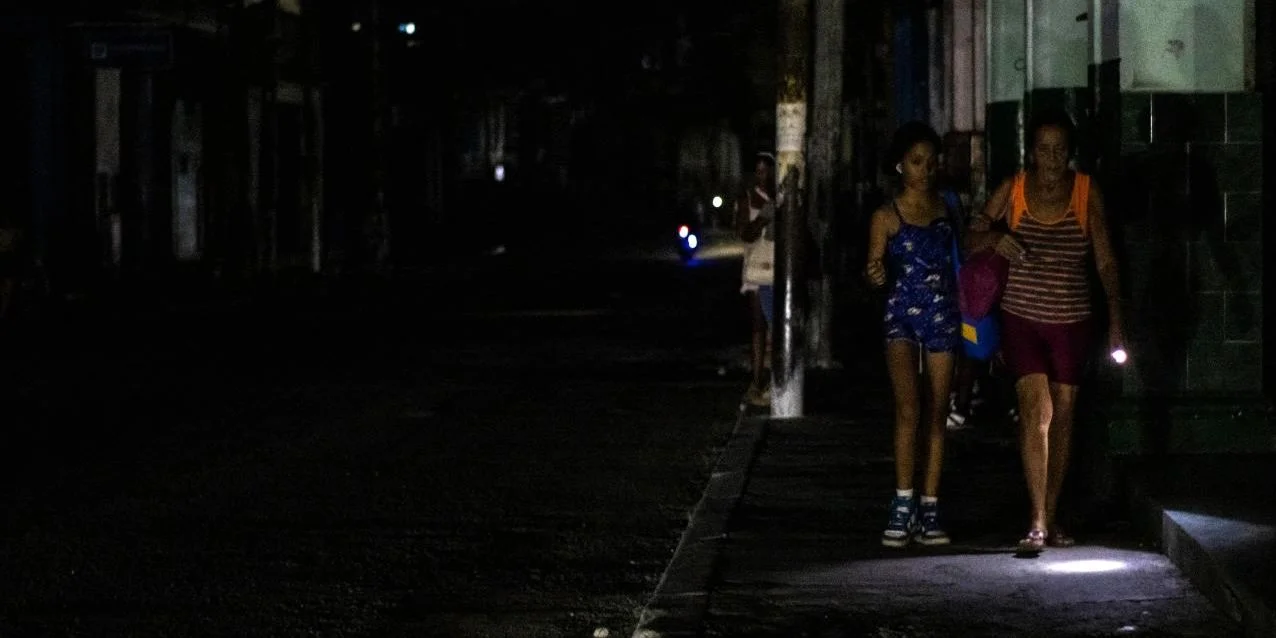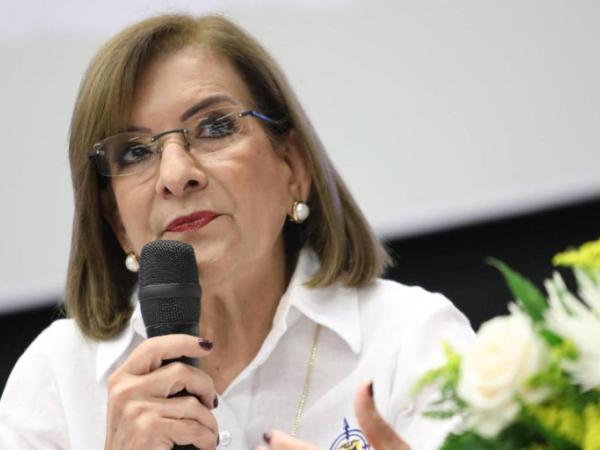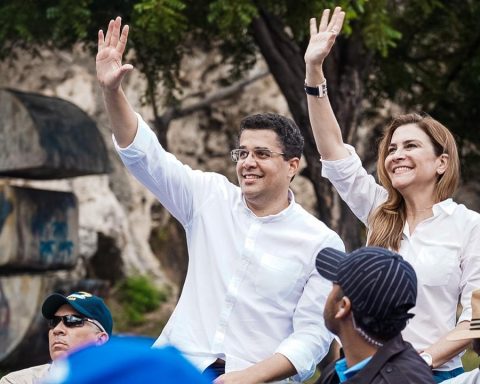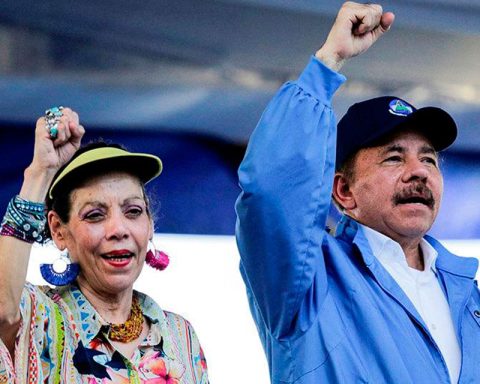MIAMI, United States – Around 15 independent organizations and observatories in Cuba expressed their deep concern on Monday about the worsening humanitarian crisis in the country, triggered by the energy collapse that has caused the total breakdown of essential services on the Island.
“In the last 72 hours, we have witnessed the complete collapse of essential services for human survival in Cuba,” the organizations stated in a communiqué released on October 21.
After weeks of experiencing an energy generation deficit of more than 50%—with provinces receiving only three hours of electricity per day—on October 18, the fuel supply hit its limit, leaving the entire island in darkness, except for hospitals, hotels, and institutions related to national defense. “This scenario had been warned by experts and civil society due to the irresponsibility and inefficiency of the State,” the signatories emphasized.
At the time the communiqué was written, “more than two-thirds of the country was still without power. Many areas have been without electricity and nearly without communication for more than 70 consecutive hours,” the entities warned.
The organizations also highlighted the widespread deterioration of basic services and its devastating impact on the population, particularly on vulnerable groups. “The lack of electricity makes it impossible to refrigerate medications and foods that require it, as well as to cook the latter,” they pointed out.
“In a scenario of total disconnection in the country, and without having created the necessary conditions, the population has been unable to cook or access prepared food, as bakeries, cafeterias, and other establishments are closed,” they added. They also highlighted that “without electricity, the national aqueduct system is also unable to deliver water to residential areas, which were already subject to two- or three-day supply outages.”
In addition to the lack of electricity, gas, and water, there is also “a disruption in digital communications, due to the disconnection of repeater towers responsible for transmitting the signal.”
Facing the total collapse of basic services and amid a severe food crisis, the organizations warned about “the serious consequences this situation has on the sustainability of life in the short and medium term.” They emphasized that “these conditions, combined with the government’s surveillance, control, and criminalization of any independent initiative that could organize and assist the most disadvantaged, have made survival impossible for Cubans in recent years.”
They also pointed out that “these conditions have a disproportionately greater impact on vulnerable population groups, such as the elderly, children, women, people with disabilities, individuals with chronic illnesses, and the incarcerated, among others.”
Given the severity and the structural and systemic nature of this crisis, the organizations denounced “the Cuban State’s political responsibility in generating this crisis, which has been particularly worsened by the implementation of the Ordering Task (Economic Reorganization Task), and the lack of a plan that provides an effective and sustainable solution to this widespread crisis.”
They also demanded that the Cuban State “gather information on the differentiated impacts of this crisis and develop a short- and medium-term plan for compensating and assisting the most affected populations.” They requested that “independent civil society be allowed to participate, without being criminalized, in gathering this information, as well as in developing emergency actions and aid for the most affected communities and groups.”
Finally, they urged the Cuban government to “respect its international human rights obligations during this crisis, ensuring citizens’ fundamental rights, especially the right to peaceful protest.”
The statement was signed by various organizations, including Food Monitor Program, Cuido60-Observatory of Aging, Care and Rights, Alas Tensas Gender Observatory (OGAT), Cubalex, Virtual Museum of Memory against Gender-Based Violence, Cuban Youth Dialogue Table, Citizenship and Freedom, 4Métrica Foundation, Cuban Women’s Network, Justice 11J, Cuban Prisons Documentation Center, Civil Rights Defenders, Museum of Dissidence in Cubathe Institute on Race, Equality, and Human Rights, and the Cuban Observatory of Human Rights (OCDH).
Follow our channel WhatsApp. Receive information from CubaNet on your cell phone through Telegram.
















